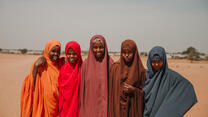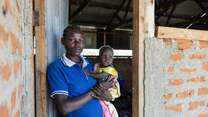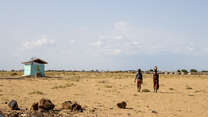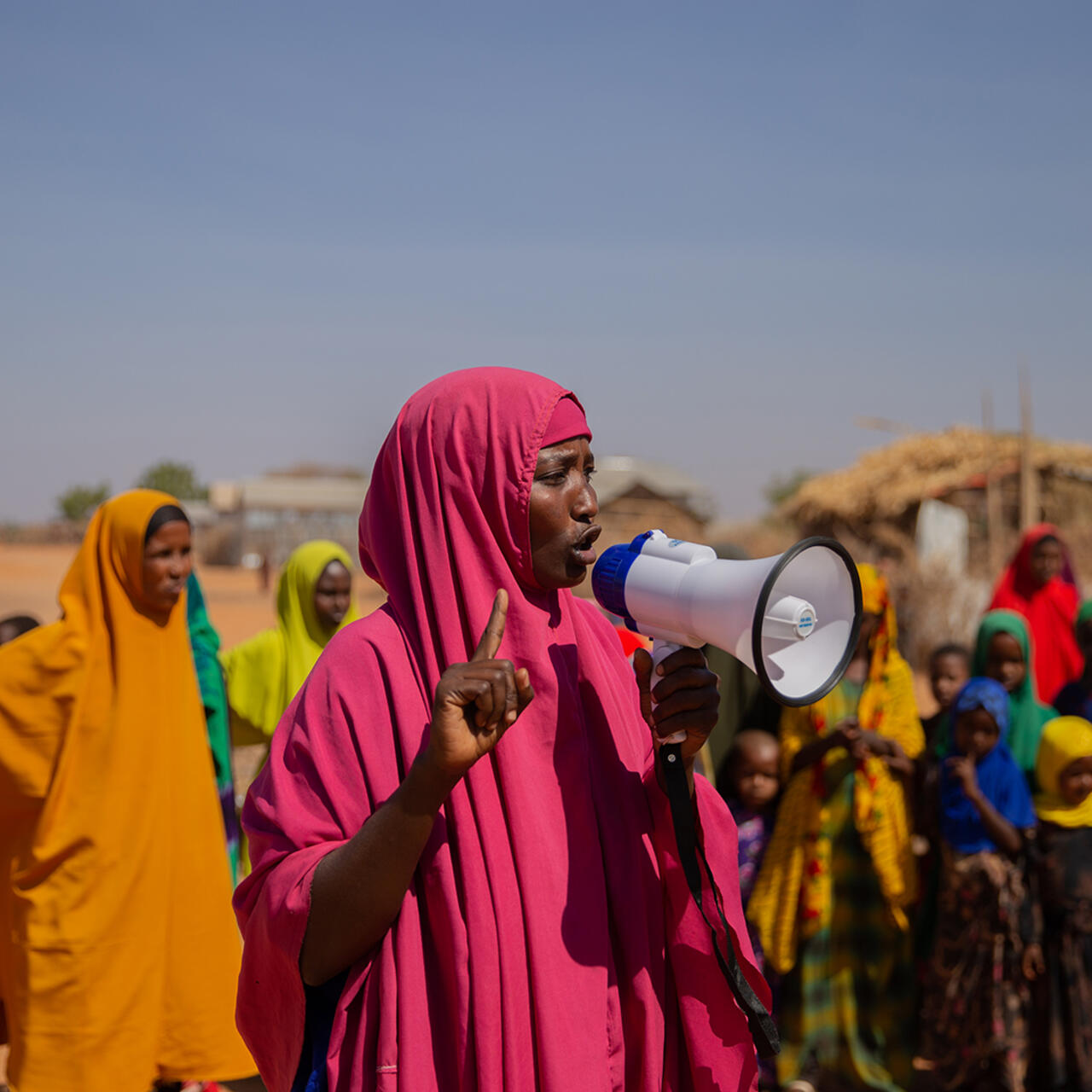
Women and girls living in crisis are at particular risk of discrimination and violence. They face a lack of equal opportunities that threaten their lives and rob them of their potential.
At the International Rescue Committee (IRC), we know that with support and investment women and girls can change their own future and, through the roles they hold in society, they can uplift entire communities.
This International Women’s Day, we highlight six ways the IRC supports women and girls around the world.
A feminist approach
A feminist approach to humanitarian policy and practice requires an understanding of the inequalities and insecurities faced by women and girls in humanitarian settings. The IRC strives to be an intersectional feminist organization that prioritizes equality, diversity and inclusion in our programming for clients as well as in our internal structures and policies.
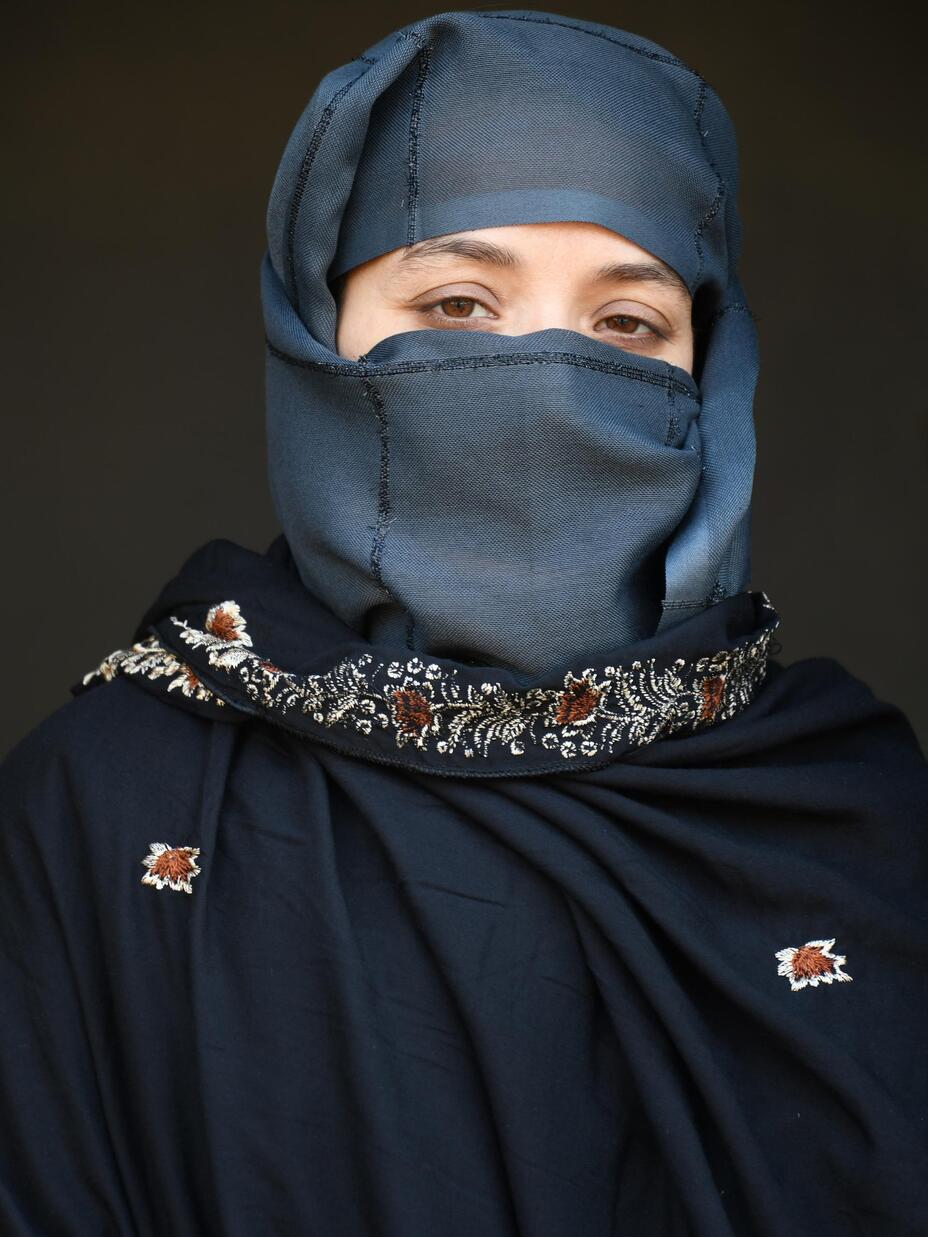
Advocating for Refugee women
Women and girls make up around 50 percent of any refugee, internally displaced or stateless population. Yet, women and girls living in emergencies and crises are often overlooked.
We must ensure that women and girls in conflict and crisis-affected areas are heard and not left behind.
The IRC is committed to fighting for a world where women are given an equal chance to succeed. The IRC applies pressure to global leaders to recognize the increased challenges faced by women and girls who are displaced or living through humanitarian crises.
This requires transformative and sustainable change by committing long-term funding to women's protection and empowerment and to women’s organizations worldwide.
Addressing gender-based violence in conflict and crisis
Worldwide, nearly 1 in 3 women have been subjected to physical and/or sexual violence in their lifetime. Intimate partner violence is the most prevalent form of violence women experience. Gender-based violence increases during times of conflict and crisis as generalized violence, economic insecurity, disruption of family and social networks, and gender inequality compound increase risks.
In some humanitarian contexts, 70% of women experience gender-based violence. At the same time, barriers like the stigma around violence and fear of retaliation for reporting violence make it hard for survivors to access support and services.
Despite the magnitude and severity of violence that women and girls face, less than 1% percent of humanitarian funding worldwide goes toward programs to prevent and respond to gender-based violence.
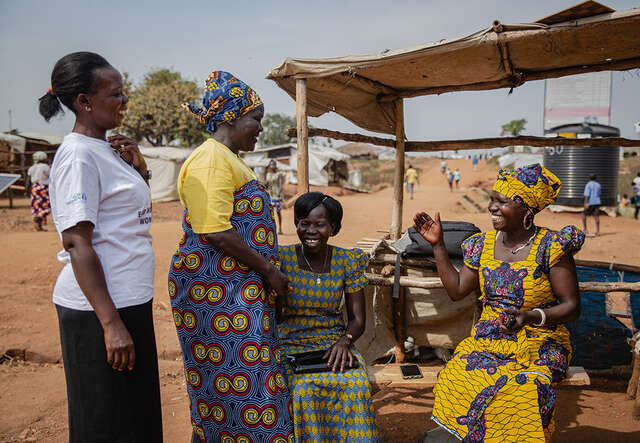
In over 50 countries, we ensure women and girls—both those at risk of violence and those who are survivors—can access support and protection, safe spaces to create social networks and learn skills, and critical counseling and healthcare services. The IRC also works to tackle the root causes of gender-based violence to ensure it ends for good.
This is how we can end violence against women and girls.
Elevating women's voices
Women and girls are routinely overlooked when it comes to rebuilding communities after war and conflict due to gender inequality.
Local women’s organizations have the unique ability to address the root causes of gender inequality and empower women and girls within their own communities. Organizations working to rebuild from conflict must include women in decision-making processes, particularly at the leadership level.
This process requires women-led organizations to secure adequate funding from the governments of wealthier economies, organizations like the United Nations and NGOs. Without it, the commitments made at the global level will make little difference to those on the ground.
The IRC partners with more than 100 women-led organizations worldwide to drive change and empower women at all levels.
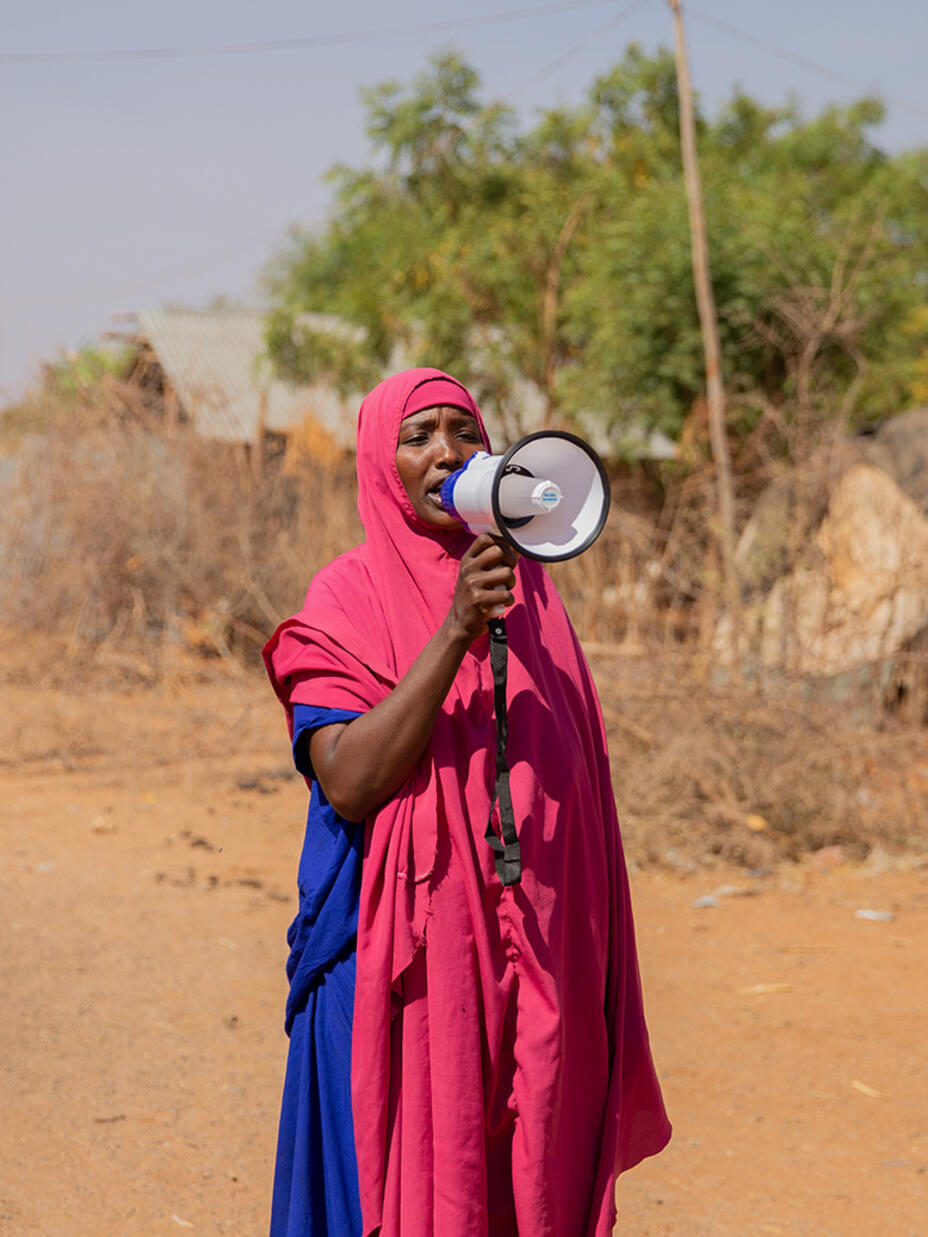
Supporting women's economic empowerment
Women living in fragile and conflict-affected places face a lack of employment opportunities. The IRC empowers women's access to fair working conditions, control over their time and lives, and meaningful participation in decision making at all levels.
Initiatives to ensure global economic empowerment are designed to help give women access to and control over resources that will support their independence, to promote women’s rights and achieve gender equality.
Livelihood opportunities empower women in their households and communities. Safe and decent work relies on freedom from violence, harassment and discriminatory norms.
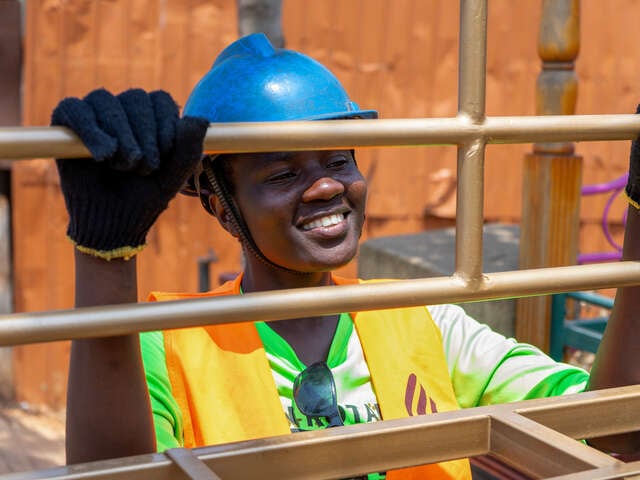
The IRC champions women’s economic empowerment by providing training, employment opportunities, and investment in female-led businesses. We call on governments and global leaders to use their influence to achieve economic inclusion for all women and girls, including those affected by conflict, crisis, and displacement.
Meet 5 women who are thriving in the face of conflict and economic crisis.
Empowering women to lead local solutions for climate change
The impacts of climate change are not equitable—women and girls represent a disproportionate 80% of the people displaced by climate change worldwide. In climate-affected contexts, women and children often bear the brunt of floods, droughts, livestock losses and food insecurity.
These impacts are exacerbated by a surge in gender-based violence, as the loss of livelihoods leads to negative coping mechanisms like child marriage, early marriage and forced marriage.
Still, women are routinely excluded from decision-making processes concerning the management of environmental issues.
We know that women and women-led organizations are central to food security and effectively promote climate change resilient responses in their roles as farmers, carers and activists.
Women must be empowered to build climate resilience at the local level and plan humanitarian responses that meet basic needs, build community resilience, and maintain local and regional stability and security.
